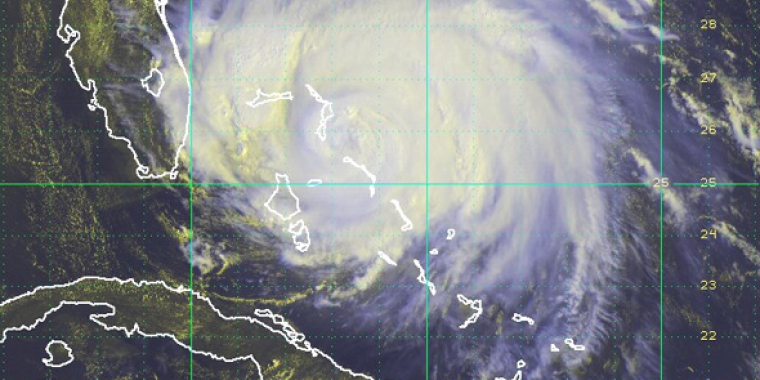Better to Be Prepared
Jack M. Martins
August 25, 2011
-
ISSUE:
- Local Government
-
COMMITTEE:
- Local Government

It looks as if Hurricane Irene has Long Island squarely in its sights. I hear many people falsely claiming that “it can’t happen here.” The fact is Long Island juts out into the Atlantic and is thus very vulnerable to hurricanes. We’ve been hit several times by category three hurricanes that have done tremendous damage, even claiming lives. The best offense is a good defense so I’m sharing some tips below to help you prepare. If you have a vulnerable neighbor – a senior or someone with a disability – be sure to check on them before and after the storm. If anyone has questions or a special need, don’t hesitate to call Nassau County’s Office of Emergency Management at 516-573-0636.
HURRICANE PREPAREDNESS TIPS
· Listen to radio for critical information from the National Weather Service.
· Bring in anything that can be picked up by the wind (bicycles, lawn furniture).
· Close windows and doors. You may even have to board them up with plywood.
· Have a three day supply of food and water (1 gallon per day per person).
· Turn the refrigerator and freezer to the coldest setting and keep them closed as much as possible so that food will last longer if the power goes out.
· Turn off propane tanks and unplug small appliances.
· Fill your car’s gas tank.
· Have cash on hand.
· Create an evacuation plan. Planning and practicing minimizes confusion during the event.
· Familiarize yourself with evacuation routes and Nassau County’s many shelter locations. Get more information at www.nassaucountyny.gov/agencies/OEM/hurricane/prepare.html
· Stay safe indoors but be ready to evacuate if advised by authorities.
· If your caller ID says “Nassau County,” be sure to answer it. That’s the Emergency Notification System calling with instructions.
· Remember that only service animals are allowed in shelters so make plans for your pets.
· Prepare a “Go-Bag” that includes: First-aid kit, battery powered flashlight and radio, extra batteries, essential and nonessential prescriptions and medical information, a change of clothes, personal items like glasses, and important documents like your driver’s license, social security and credit cards, and insurance policies.
Visit The National Weather Service at www.weather.gov to track Hurricane Irene.
Share this Article or Press Release
Newsroom
Go to NewsroomLewis Licht
May 20, 2016

